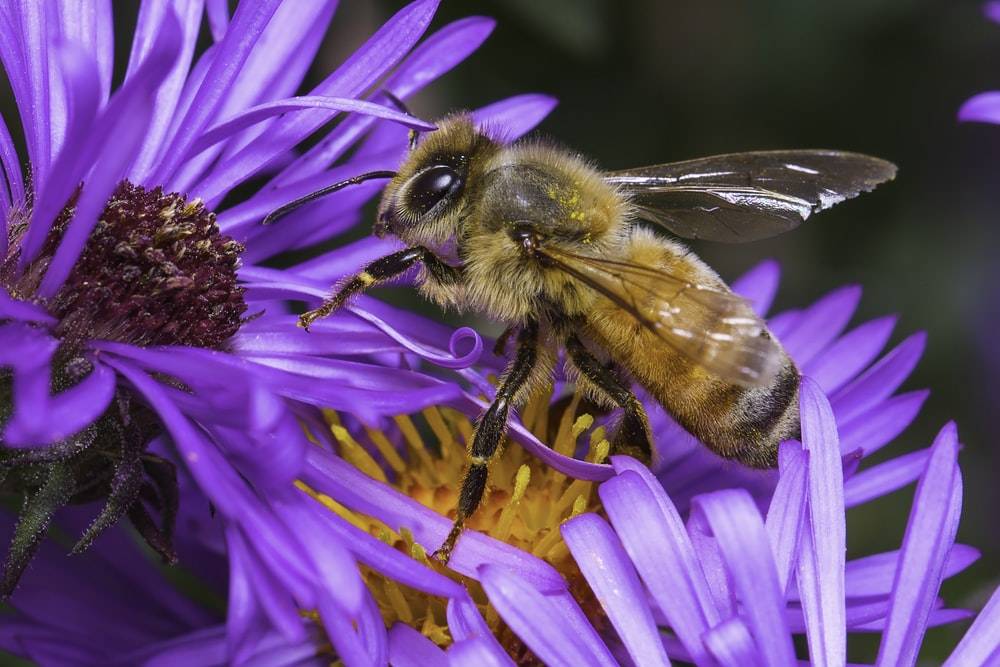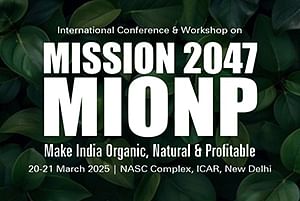
Researchers of the 'University of California- Riverside’ involved in a research to find whether some management practices, like use of insecticide for commercial plants, harm beneficial species. And this study was published in the journal 'Proceedings of the Royal Society B: Biological Sciences.'
As per latest findings, commercial growers have been using a common insecticide that acts as a shield for the plants from plant-consuming insects, but hurts pollinators, such as bees.
We very well know that bees are good pollinators that help plants to grow fruits, seeds, and young plants. The latest research indicates that the insecticide is 'chemically similar to nicotine', that's why it is called Neonicotinoids, and is fatal to a typical bee, in any amount, even if it is below the label rate.
What is Neonicotinoids?
-
Neonicotinoids are active compounds used in products for plant protection to avoid any harmful insects and thus are known as insecticides and the name actually means "New Nicotine-like Insecticides" and they are chemically similar to nicotine.
-
"Neonicotinoids are often used on food crops as a seed treatment," explained UCR entomologist and lead study author Jacob Cecala. "But they're usually applied in higher amounts to ornamental plants for aesthetic reasons. The effects are deadly no matter how much the plants are watered."
Neonicotinoid Product Strongly Affects Bee's Reproduction:
Researchers have experimented their assumptions by raising half of bees on flowering native plants based on popularity, wherein half of bees were treated with insecticide. Though their assumption that more water will reduce the pesticide's potential in the nectar of the flowers, the negative effects on bees still remain.
"Unfortunately, we observed a 90% decrease in the bees' reproduction with both high and low levels of irrigation," Cecala said.
Solitary Bees, which are more than 90% of native bee species in North America, and an even higher percentage in California, are considered as the best to represent the ecosystem as "they are potentially more vulnerable to pesticides," UCR entomologist and study co-author Erin Rankin said.
Since such bees prefer to live alone and also does not store honey, unlike worker bees, their lineage is cut short if they do die in the experiment.
The researchers used alfalfa leafcutter bees, as an alternative, in their study, which is similar to California's solitary native bees and are part of a genus that can be found globally.
Study highlights that the neonicotinoid product's formulations negatively affect bees' reproduction, regardless of concentrations and amount, as well as their ability to feed themselves. "It almost completely wiped them out," Cecala said. "However, people can look for a different class of insecticide, try to apply them on plants that aren't attractive to bees, or find biological methods of pest control."
(Source: Science Daily)

















